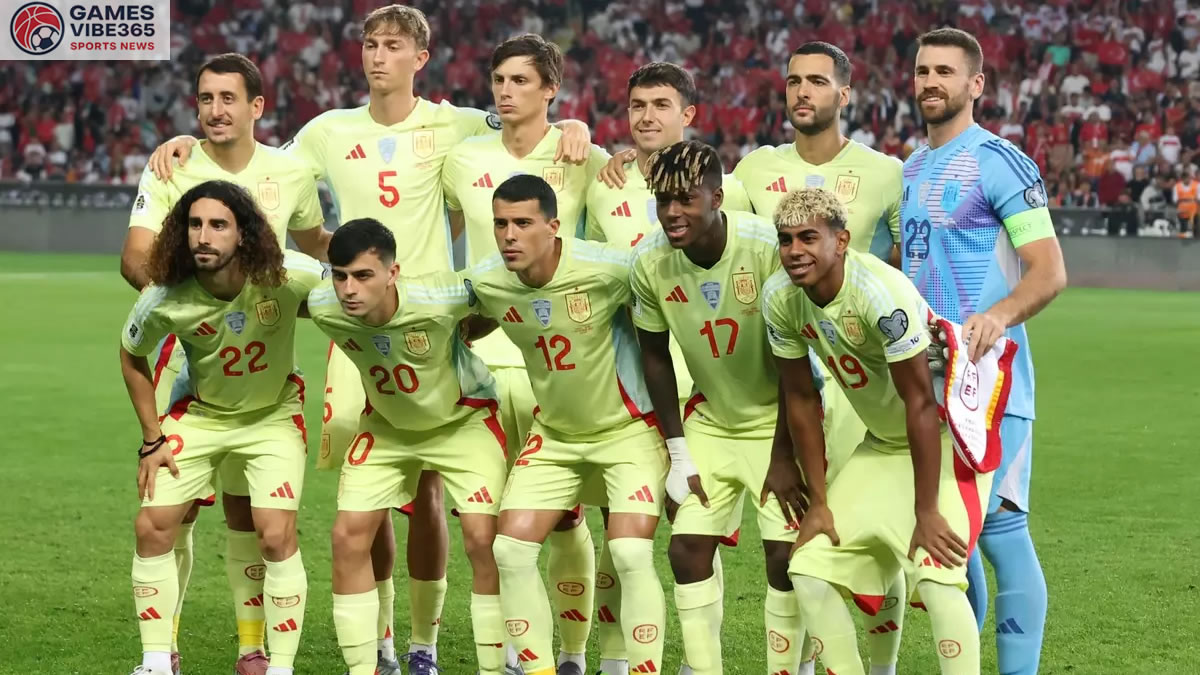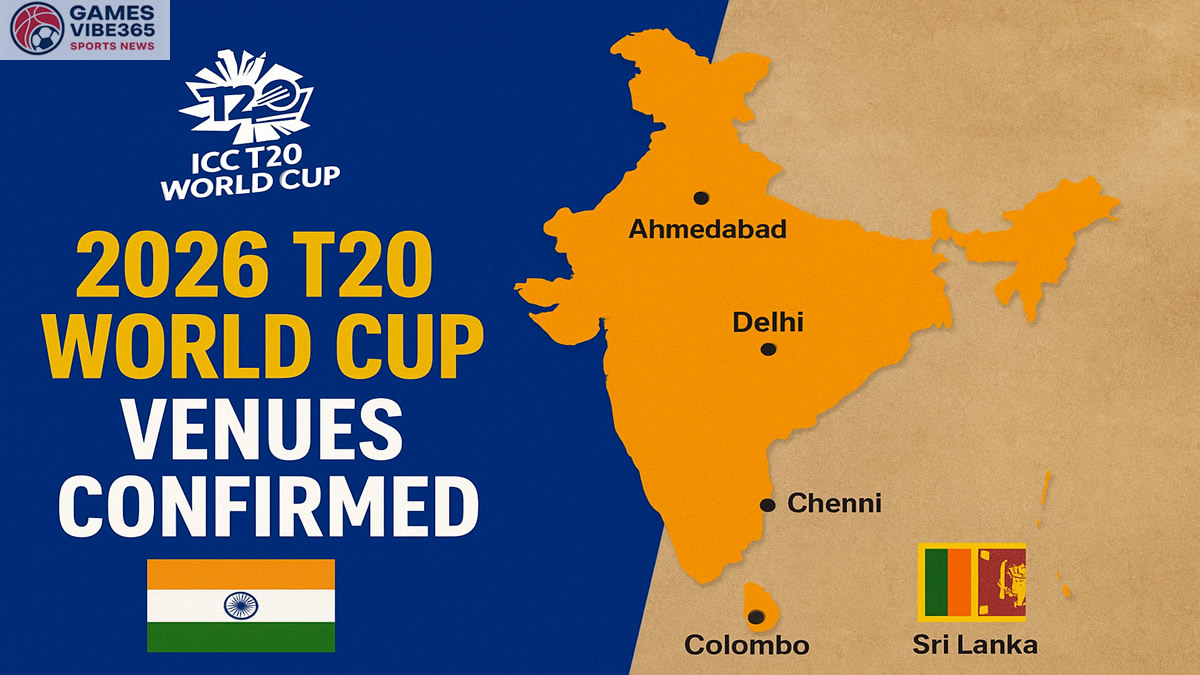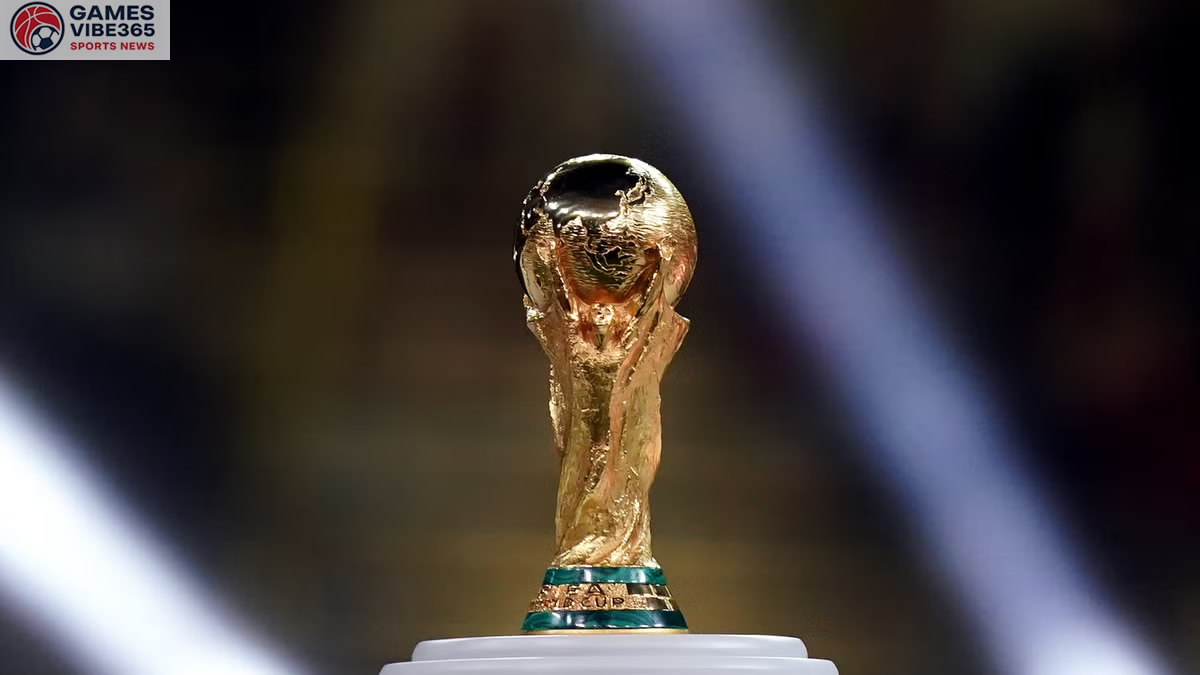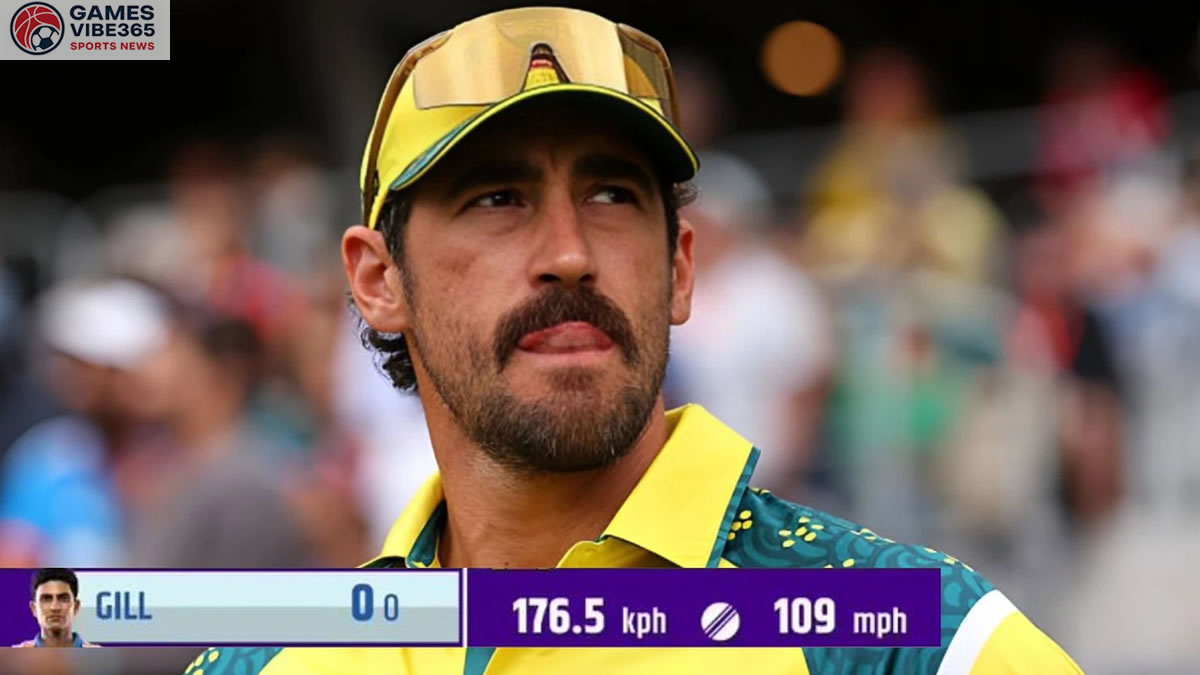Spain have surged to the top of FIFA’s men’s world rankings, just days after warning that they could boycott the 2026 FIFA World Cup. The announcement from football’s global governing body adds fresh intrigue to an already politically charged build-up to the tournament.
Spain Rise to the Top of FIFA Rankings
The latest update to FIFA’s rankings has placed Spain at the summit, leapfrogging both Argentina and France. Luis de la Fuente’s side were rewarded for a commanding start to World Cup qualifying, which included a routine win against Bulgaria and a ruthless 6-0 demolition of Turkey.
The European champions, who also lifted the EURO 2024 trophy. Now hold the official title of the best national team in the world. For Spain, this recognition comes not only as validation of their recent dominance but also as a timely morale boost amid political controversy at home.
- Spain: Climbed to 1st place following consecutive qualifying wins.
- France: Moved up to 2nd after consistent form under Didier Deschamps.
- Argentina: Slipped to 3rd after a surprise defeat to Ecuador.
- England: Maintained 4th position with a flawless qualifying campaign so far.
The rankings shift highlights the unpredictable nature of international football, where a single result can dramatically reshape the pecking order.
Argentina Slip After Ecuador Defeat
Argentina, the reigning world champions, lost their grip on the top spot after suffering a 1-0 loss to Ecuador in South American qualifying. Despite this setback, Lionel Messi and his teammates remain strong contenders. The team has otherwise cruised through their campaign and continues to look like one of the most dangerous sides heading into Messi’s final international tournament next summer.
For Argentina, the pressure is immense. While their ranking drop may sting, their bigger challenge lies in ensuring the 2026 World Cup does not become remembered for off-field controversies rather than on-pitch brilliance.
France and England Strengthen Their Positions
France, under long-time coach Didier Deschamps, moved into second place. With an enviable mix of youth and experience, Les Bleus are once again among the favorites to challenge for football’s biggest prize.
Meanwhile, England have quietly gone about their business with maximum points from five qualifiers. Gareth Southgate’s men remain fourth in the global standings, and while critics often point to their struggles in knockout tournaments, their consistency in qualification cannot be overlooked.
Why Spain Threatened a Boycott
The biggest subplot overshadowing Spain’s climb in the rankings is the boycott threat issued by Spanish officials. The controversy stems from Israel’s participation in World Cup qualification. Currently, Israel sit third in their group with nine points from five games, trailing behind Norway and Italy. With two difficult away fixtures coming up, they still have a realistic shot at securing a playoff berth.
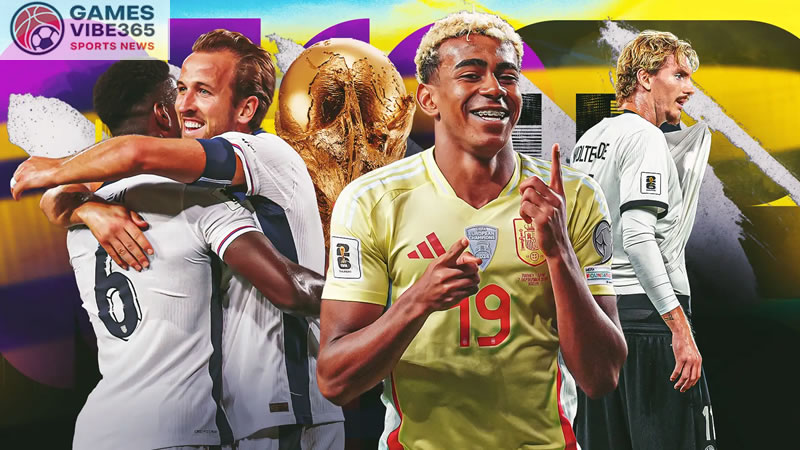
Spanish Prime Minister Pedro Sanchez has openly called for Israel’s exclusion from international sporting events, declaring:
“Israel cannot continue to use any international platform to whitewash its image.”
This statement came on the heels of a UN commission report suggesting that four of five genocidal acts under international law had been committed in Gaza. Israel, however, rejected the findings, branding them “distorted and false.”
According to the Gaza Health Ministry. More than 65,000 people have been killed in the ongoing conflict, adding further weight to Spain’s hardline stance.
Comparisons to Russia’s International Ban
Spain’s demand for Israel’s suspension draws parallels to the action taken against Russia following its invasion of Ukraine in 2022. At the time, both FIFA and UEFA moved swiftly to ban Russian national teams and clubs from all competitions.
- Russia’s last major appearance was at the 2018 World Cup.
- They were barred from both the 2022 Qatar World Cup and Euro 2024 qualifiers.
- Appeals against the ban were dismissed, reinforcing the severity of the sporting world’s response to geopolitical aggression.
UEFA President Aleksander Ceferin recently reflected on the decision, acknowledging the moral and political complexities involved:
“The ban for Russian teams is, I think, three and a half years. Did the war stop? It didn’t. So for now, I don’t know. I cannot say what will happen. There are talks about everything, but me personally, I’m against kicking the athletes out.”
This statement underlines the ongoing debate within international sport. Should athletes and teams bear the consequences of their governments’ actions, or should they be shielded from politics?
The Wider Implications for FIFA
Spain’s threat to withdraw from the 2026 tournament places FIFA in an awkward position. On one hand, it faces pressure to maintain neutrality and resist political interference. On the other, ignoring Spain’s demands could spark a boycott that would dramatically impact the credibility and commercial success of the competition.
The stakes are high:
- Commercial Fallout: Spain’s absence would damage broadcasting rights, sponsorship deals, and ticket sales.
- Sporting Integrity: A World Cup without one of the top-ranked teams would raise questions about legitimacy.
- Precedent Setting: Any decision regarding Israel could establish a precedent for future conflicts, where political disputes threaten to spill into sport.
For FIFA, the challenge lies in balancing the integrity of the game with the realities of global politics.
Spain’s Footballing Renaissance
Amid this controversy, it is easy to overlook Spain’s remarkable resurgence on the pitch. Since lifting the EURO 2024 trophy, Luis de la Fuente has transformed his squad into a ruthless and unified outfit. The 6-0 demolition of Turkey was more than just a statement win—it was proof of a team firing on all cylinders.
Young talents like Lamine Yamal have added flair and dynamism, while seasoned campaigners such as Rodri and Dani Carvajal provide stability and leadership. Spain’s balance of youth and experience makes them one of the most complete teams heading into the World Cup cycle.
For Spanish fans, the rankings boost is a source of pride, even as political tensions loom large.
Final Thoughts
The latest FIFA rankings have placed Spain at the top of world football, underlining their dominance since winning Euro 2024. Yet, their rise coincides with a turbulent political backdrop, as the country’s leaders warn of a potential boycott over Israel’s participation in the 2026 World Cup.
The situation brings back memories of Russia’s suspension, highlighting the growing intersection between geopolitics and global sport. Whether FIFA can navigate this storm without undermining either its authority or the tournament’s integrity remains to be seen.
What is clear, however, is that Spain are once again a footballing superpower. Their dominance on the field may now be matched by their influence off it, as their boycott threat forces FIFA into one of the toughest decisions in its history.
Also Read: Harry Kane Fires Bayern Munich to Champions League Victory Over Chelsea

